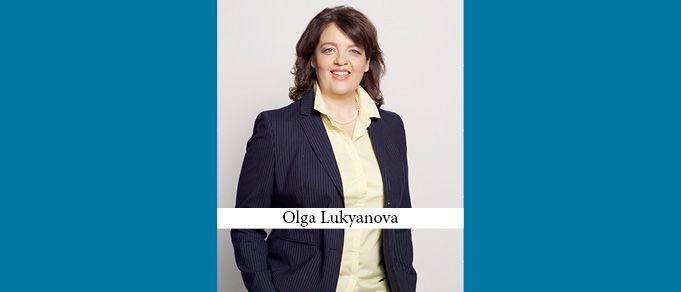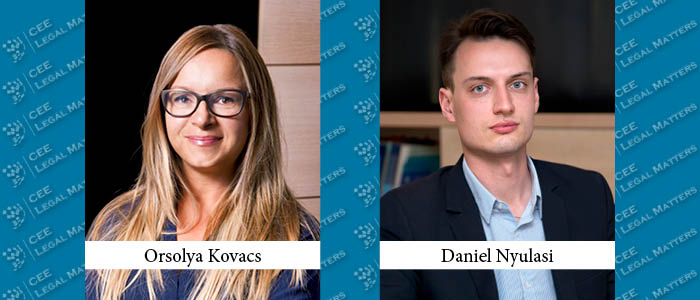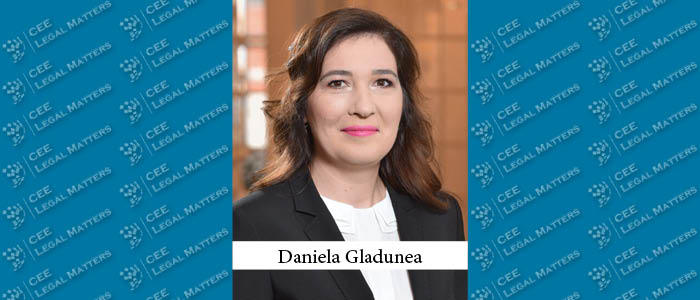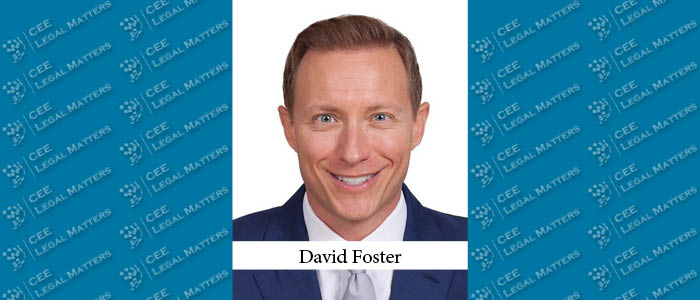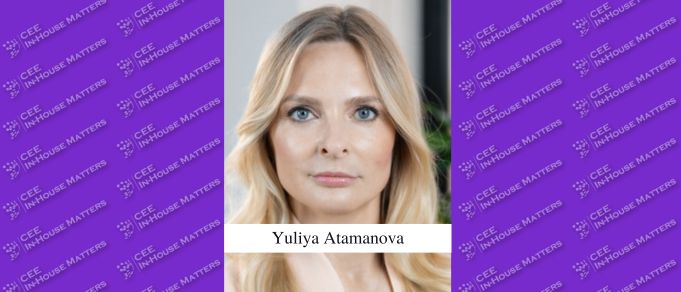In the modern world, people are regularly faced with new challenges.
Rapid rates of technological progress have forced us to adapt to new realities and stimulated constant change. In-house lawyers are as affected by the global and dynamic development of technology and the expansion of the Information Age as anybody else, and, in the short term, they are using the latest technology to deal with challenges related to globalization, cost optimization, professional development, and the need to acquire specific knowledge and skills in other areas.
Globalization
Globalization and process integration affect everyone’s life. The emergence of the Internet had blurred boundaries between countries and ushered in the Information Age across the world. As a result, there has been a significant technological convergence and an equalization of different countries’ capabilities. Inventions or improvements in manufacturing processes spread quickly. In order to ensure a more effective, efficient, and productive running of a global business it is necessary for large corporations to integrate and unify their systems on a single platform. This is not always so simple; the integration of Ukrainian or other CIS corporations into such systems, for example, is currently “frozen” due to inadequate and archaic national legislation. In such circumstances in-house lawyers should search for solutions, taking into account the laws of the countries concerned, international law, and corporate policies.
Digitalization
Nowadays it is difficult to imagine an in-house lawyer not using modern software. However, an ineffective use of software can be a problem. For example, the “opening” and “closing” of a program and setting search criteria all take time. If there are multiple programs and each has a separate functionality, time can thus easily be wasted. It is still impossible to consolidate all programs into a single system, so using them all is a big challenge. I hope that in the future the processes of standard contracts, claims preparation, and searching for information from various registers, databases, and other sources will be robotized and that “robot lawyers” will be available and widespread. This could simplify the work of in-house lawyers and save time, which could be used instead to solve the complex and important issues which require an integrated approach, an analytical mind, and creativity, ingenuity, and flexibility.
Another example which will demonstrate the usefulness of the latest digital technologies in the legal sphere comes in the form of electronic documentation. Ukrainian laws that require that contracts be in paper form significantly slow the process of agreement conclusion and result in cluttered offices and environmental harm. In the UK, EU, the USA, and other developed countries the agreement conclusion process is much easier, as provisions that are prescribed in Civil and Commercial codes need not be replicated in contracts. The validity of a legal relationship between the parties can be effected by an electronic invoice or signature page. The use of an electronic form of a document not only simplifies the workflow, increases efficiency, and improves the customer experience, but also facilitates the sustainable development of a particular company and society as a whole.
Certainly, national legal systems are constantly being developed. Facilitation of digital registration and other formal procedures, the continued development of various online legal databases, and so on has, increases the efficiency of in-house lawyers. But we should not forget that the legal support of a company’s business activity requires a large number of contacts with colleagues from different business units and various departments. Bringing all communication on-line can have a negative impact on team spirit and can become a source of misunderstandings easily avoided in face–to-face meetings. If care is not taken, it can also turn people into “robots” and allow physical logical thinking to become lost. Law school graduates lose the “back to basics” in their development.
Cost Efficiency
The ongoing financial crisis forces businesses to control costs and maximize opportunities to save money. Under conditions of strict control, decisions about whether or not to involve external counsels always involve “tough discussions.” While companies prefer to resort to external counsel only in rare cases, that will no longer be as easy as it was before, as a so-called “attorney monopoly” was introduced and is being implemented in Ukraine this year, allowing only those holding an “attorney license” to make a formal appearance in court.
Of course, it is unlikely that all in-house lawyers will be able to obtain this “attorney license.” Even if one in-house lawyer has an attorney license, he or she will not physically be able to represent the company’s interests alone, especially if it is a large company. This is problematic, but we may limit the effect of the new law internally by implementing compliance systems and additional educational instruments.
Compliance
Lately, implementation of management and control systems related to compliance such as legislation, internal rules, standards, codes of conduct, and other policies, especially in international companies, has become widespread. Compliance operates in three main dimensions: prevention, detection, and reaction. Preventing infringement is the primary and most significant consideration. Non-compliance by employees with legal requirements may lead to serious consequences both for companies (e.g., financial loss and/or damage to reputation) and employees (e.g., discharge, financial loss, administrative/criminal punishment).
Although compliance has gained considerable popularity in the UK, EU, and USA, it is only beginning to develop in Ukraine, as evidenced by the increasing number of conferences, seminars, and other events dedicated to the subject attended by representatives of business and the government. In those companies where a compliance system has been introduced, the control system is established at the local level on a mandatory basis. These areas are under the responsibility of compliance officers who are charged with ensuring management and employee compliance with the laws, internal rules, standards, and policies. In-house lawyers often combine their responsibilities with the role of compliance officer.
The fact that employees do not always realize the potential seriousness of the consequences of their actions and sometimes even ignore legal requirements presents a great challenge for in-house lawyers. Accordingly, in-house lawyers would be wise to develop and provide relevant trainings for colleagues from different business units and highlight innovations in antimonopoly, anticorruption, and other spheres of legislation. Implementing robust policies, procedures, and standards helps manage the risks of any business by providing strict guidance around compliance.
Education
Requirements for in-house lawyers are not exclusively limited to juridical qualification and personal skills. They should also be broad-minded, knowledgeable in many areas of their companies’ business activities, and possess leadership skills, persuasiveness, and other competences inherent to business (such as negotiation, inter-personal communication, public speaking, and presentation skills, among others)
The world is changing, and innovations continue to appear in all spheres of life – so our education should be a continuing process as well. There are numerous trainings from specialized companies, higher education institutions, and various organizations that offer plenty of opportunities for in-house lawyers seeking personal and professional development. Such opportunities are of great value for us in light of the necessity to deal with all of the challenges on our horizon!
By Olga Lukyanova, Law Department Head and Compliance Officer, Henkel in Ukraine
This Article was originally published in Issue 4.8 of the CEE Legal Matters Magazine. If you would like to receive a hard copy of the magazine, you can subscribe here.

